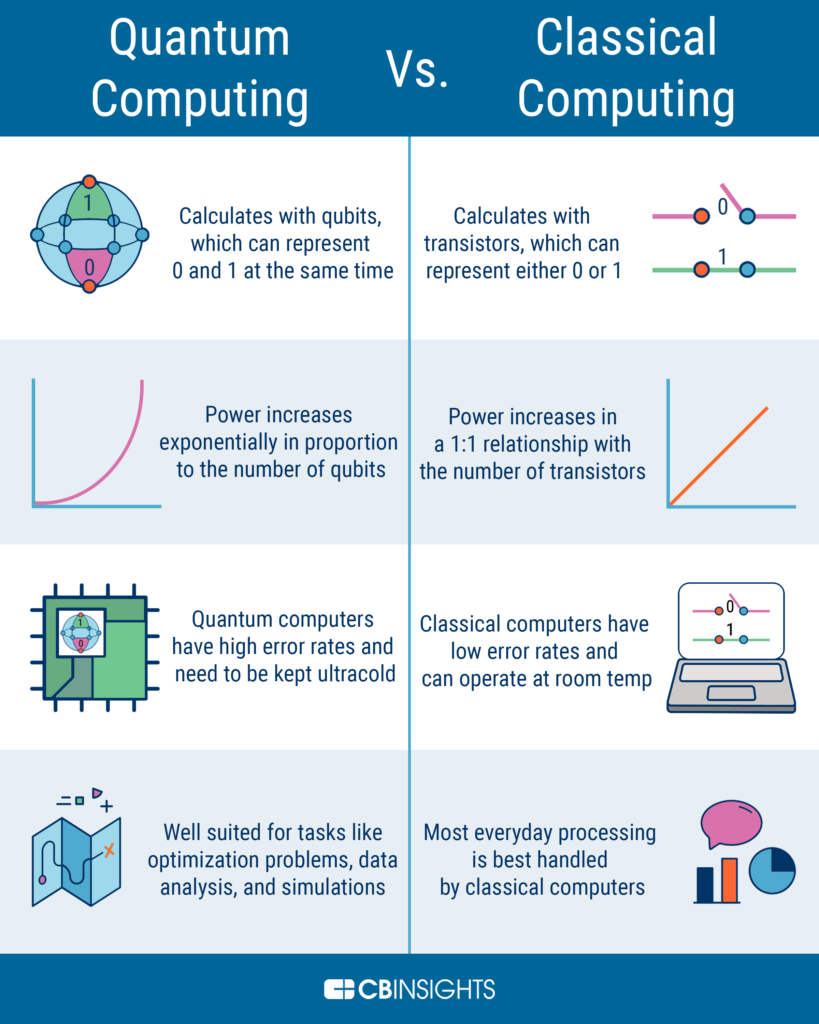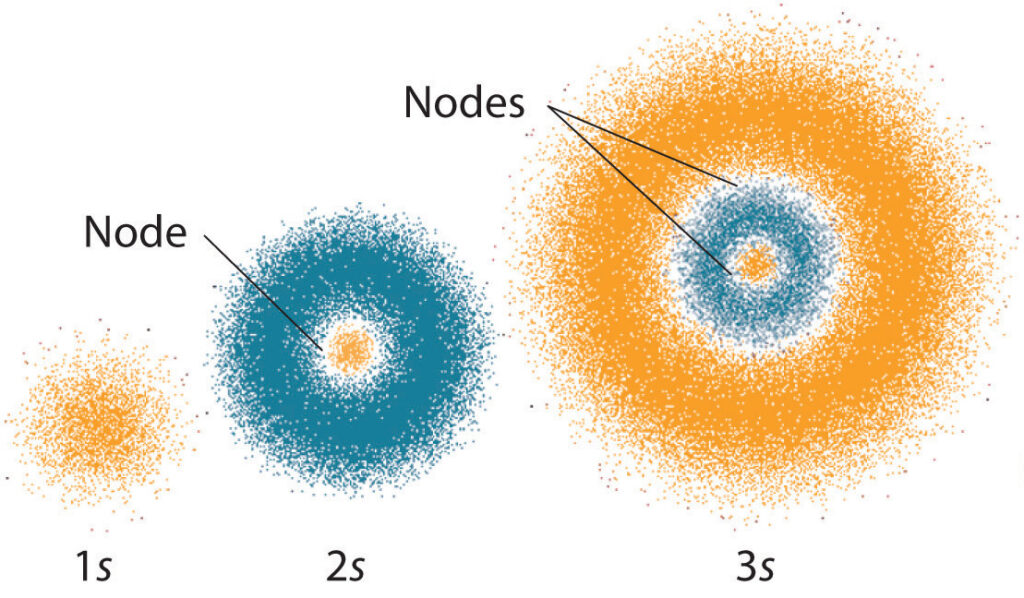The world of quantum computing is a rapidly evolving field that has completely revolutionized the way we look at computing. At the heart of this technology is the quantum algorithm, a set of instructions that allows quantum computers to solve complex problems that are beyond the capabilities of traditional computing systems. But how does a quantum algorithm work and what makes it so powerful?
Unlike classical algorithms, which rely on bits to store and manipulate data, quantum algorithms operate on quantum bits or qubits, which can exist in multiple states at once. This enables quantum computers to perform certain calculations exponentially faster than classical computers, which can make a significant difference in solving complex problems such as breaking encryption codes or simulating the behavior of molecules. In this article, we will take a closer look at the inner workings of quantum algorithms and explore some of the key concepts that make them so powerful.

Quantum Algorithm
A quantum algorithm is a type of algorithm designed to work on a quantum computing system. It is designed to use the principles of quantum mechanics to solve complex problems, such as those that are intractable on traditional computers. Quantum algorithms are increasingly being used in a variety of fields, such as cryptography, finance, and machine learning.
Quantum Mechanics
Quantum mechanics is a branch of physics that deals with the behavior of particles at the atomic and subatomic level. It describes the behavior of matter and energy at the smallest scales, and is used to explain phenomena such as the structure of atoms, the behavior of light, and the behavior of matter and energy in extreme conditions. Quantum mechanics is the foundation of quantum computing, and is used to create algorithms that can solve complex problems.
Quantum algorithms rely on the principles of quantum mechanics to work. They use the principles of entanglement and superposition to encode information, and use quantum gates to manipulate the information. These algorithms can be used to solve a variety of problems, including optimization problems, search problems, and machine learning tasks.
Quantum Computing
Quantum computing is a type of computing that uses the principles of quantum mechanics to process information. It is based on the idea that a quantum computer can be used to solve problems that are intractable on traditional computers. Quantum computers use a variety of techniques, such as quantum gates and entanglement, to process information. In addition, quantum computers can operate in parallel, which allows them to process information much faster than traditional computers.
Quantum algorithms are used on quantum computers to solve complex problems. These algorithms are designed to take advantage of the quantum properties of the system, such as entanglement and superposition, to solve problems that are intractable on traditional computers. Quantum algorithms can be used to solve a variety of problems, including optimization problems, search problems, and machine learning tasks.
Frequently Asked Questions about How Does a Quantum Algorithm Work?
Quantum algorithms are algorithms designed to run on a quantum computer. They exploit the principles of quantum mechanics to offer an exponential speedup over classical algorithms for certain problems. This FAQ will provide answers to the most commonly asked questions about quantum algorithms.
What is a Quantum Algorithm?
A quantum algorithm is a sequence of instructions designed to be executed on a quantum computer. Unlike classical algorithms, quantum algorithms are able to exploit the principles of quantum mechanics to offer an exponential speedup over classical algorithms for certain problems. This speedup is possible because quantum computers are able to store and process information in a way that is not possible with classical computers.
What Can Quantum Algorithms be Used For?
Quantum algorithms can be used to solve a wide variety of problems. Examples include solving complex optimization problems, simulating quantum systems, and solving problems in machine learning. In addition, quantum algorithms can be used to improve security by providing a way to generate secure cryptographic keys.
How Do Quantum Algorithms Work?
Quantum algorithms work by exploiting the principles of quantum mechanics. These principles include the ability to represent information in a quantum mechanical state, known as a qubit. This allows quantum computers to store and process information in a way that is not possible with classical computers. Quantum algorithms also make use of quantum gates, which are operations that can be applied to qubits to manipulate the information they contain. By manipulating information in this way, quantum algorithms can offer an exponential speedup over classical algorithms for certain problems.
What Are the Benefits of Using Quantum Algorithms?
The main benefit of using quantum algorithms is the potential for an exponential speedup over classical algorithms for certain problems. This speedup is possible because quantum computers can store and process information in a way that is not possible with classical computers. In addition, using quantum algorithms can also provide improved security for certain cryptographic applications.
How Do I Get Started With Quantum Algorithms?
The best way to get started with quantum algorithms is to familiarize yourself with the principles of quantum mechanics and quantum computing. There are a number of good books and online resources available to help you learn the basics. Once you have an understanding of the basics, there are a number of software packages and platforms available to help you develop and execute quantum algorithms.

In conclusion, the world of quantum computing is still relatively new and mysterious to many, but the potential it holds for solving complex problems and revolutionizing industries is undeniable. While classical computing operates on bits, quantum computing relies on quantum bits or qubits that can exist in multiple states simultaneously, allowing for faster and more efficient computations. Quantum algorithms are designed to take advantage of this unique property of qubits and solve problems that would take classical computers years or even centuries to solve.
As research and development in the field of quantum computing continue to progress, we can expect to see even more exciting applications of quantum algorithms. From drug discovery to financial modeling, quantum computing has the potential to transform a wide range of industries and pave the way for new discoveries and innovations. As we continue to explore the potential of quantum computing, the possibilities for what we can achieve are truly endless.



